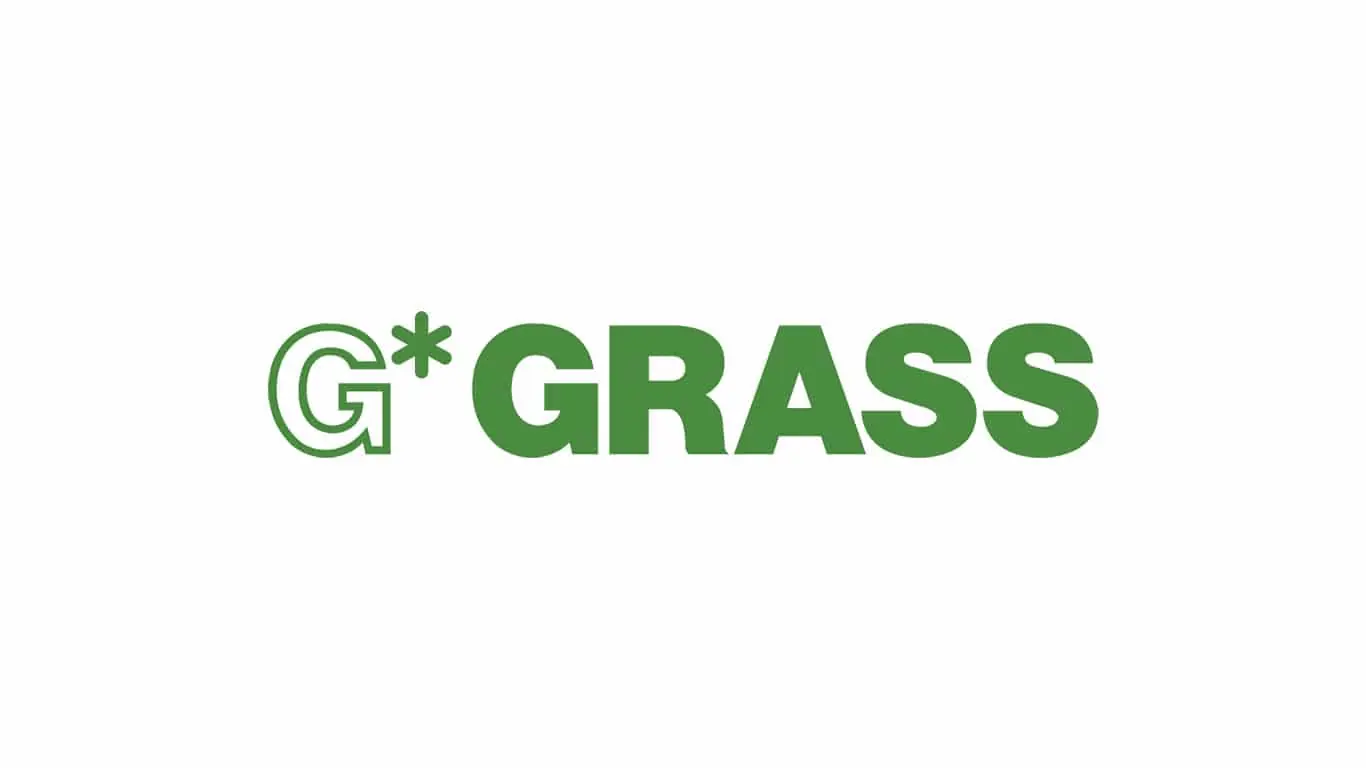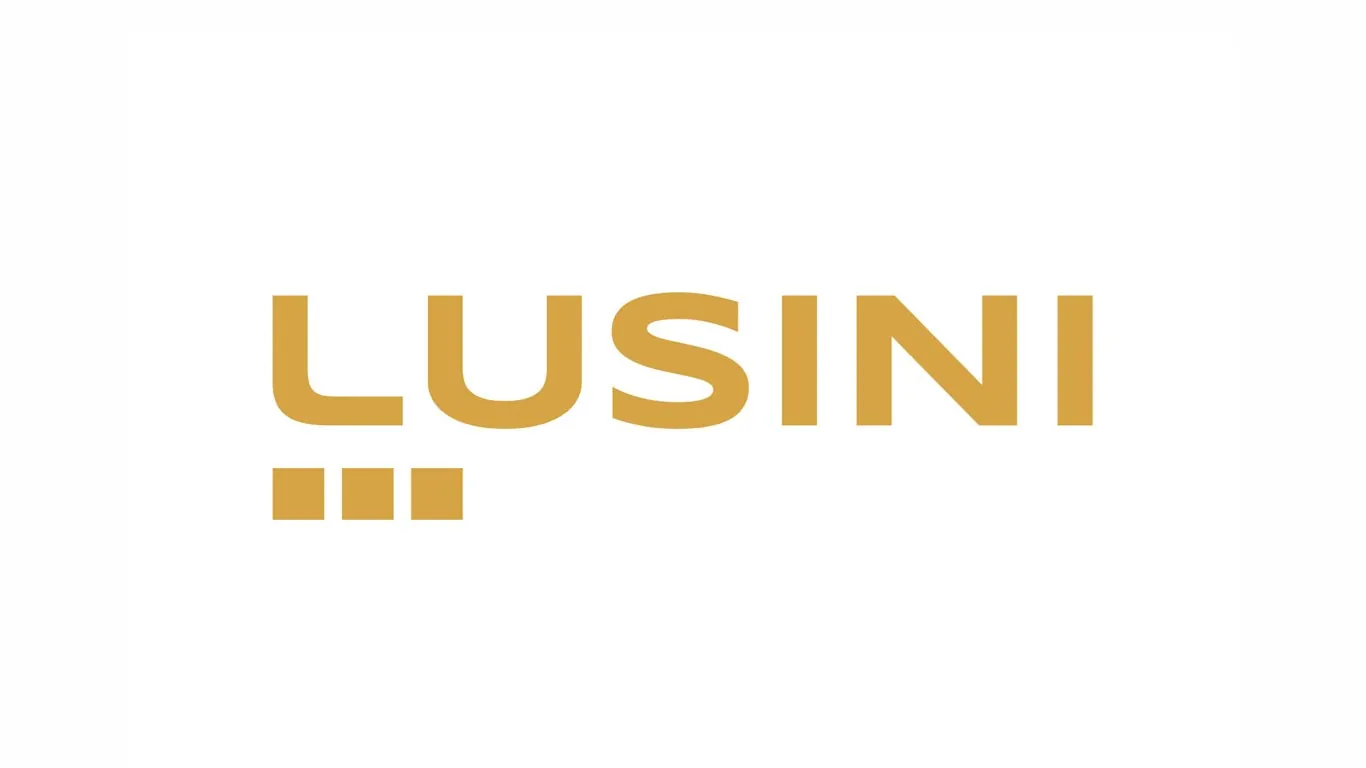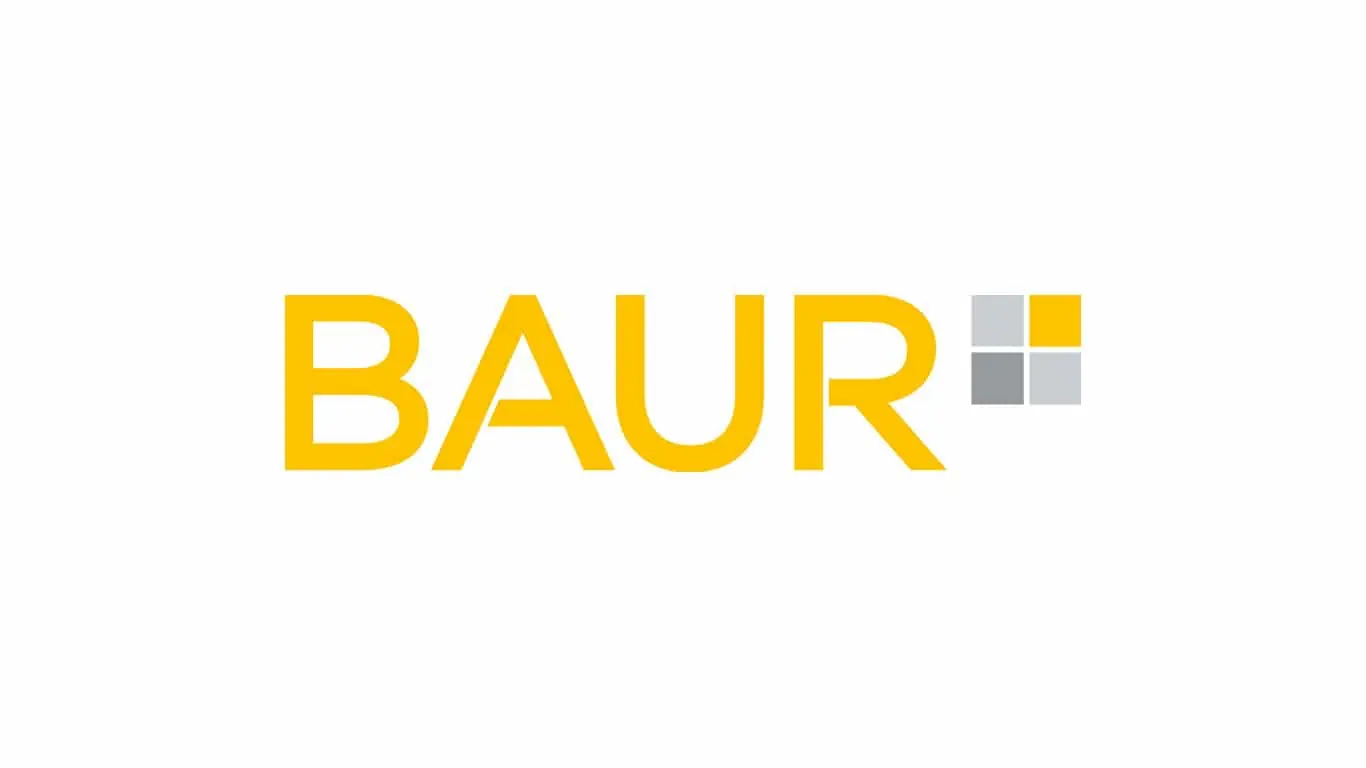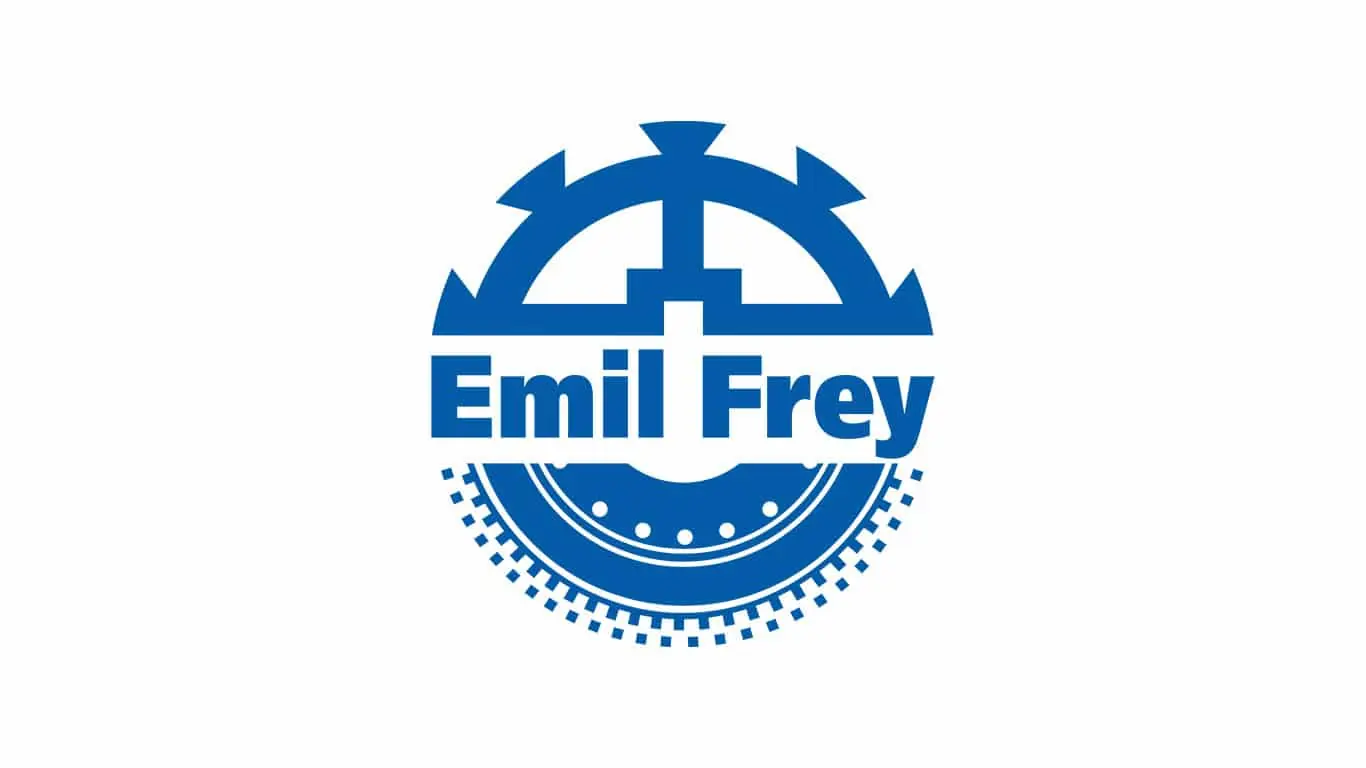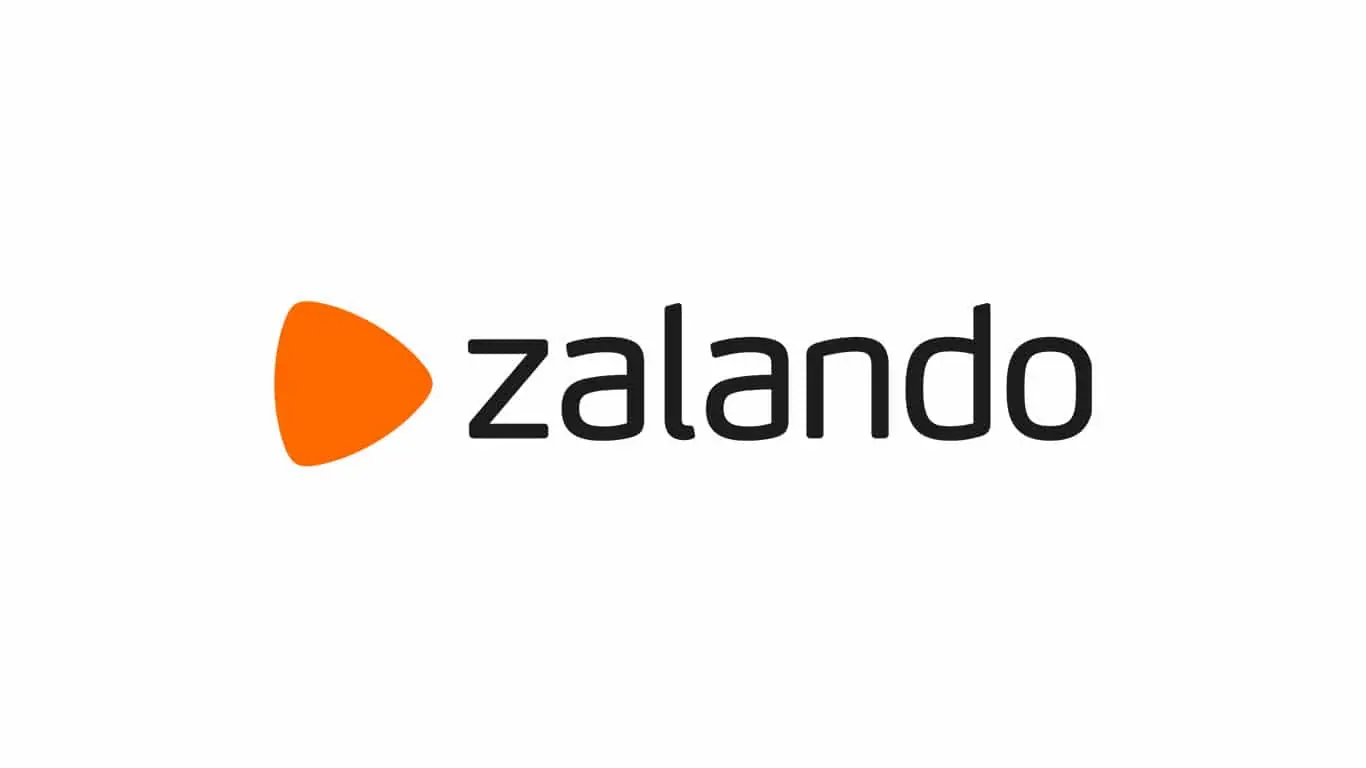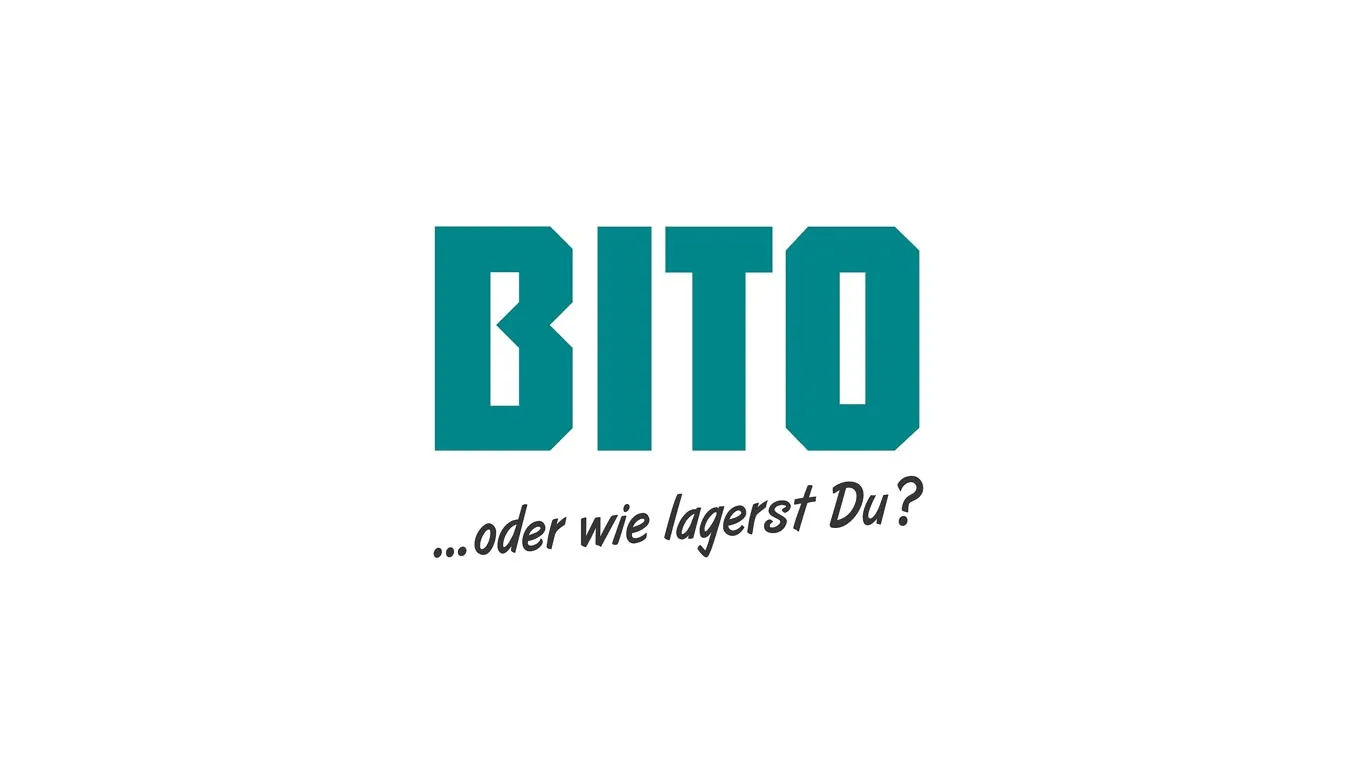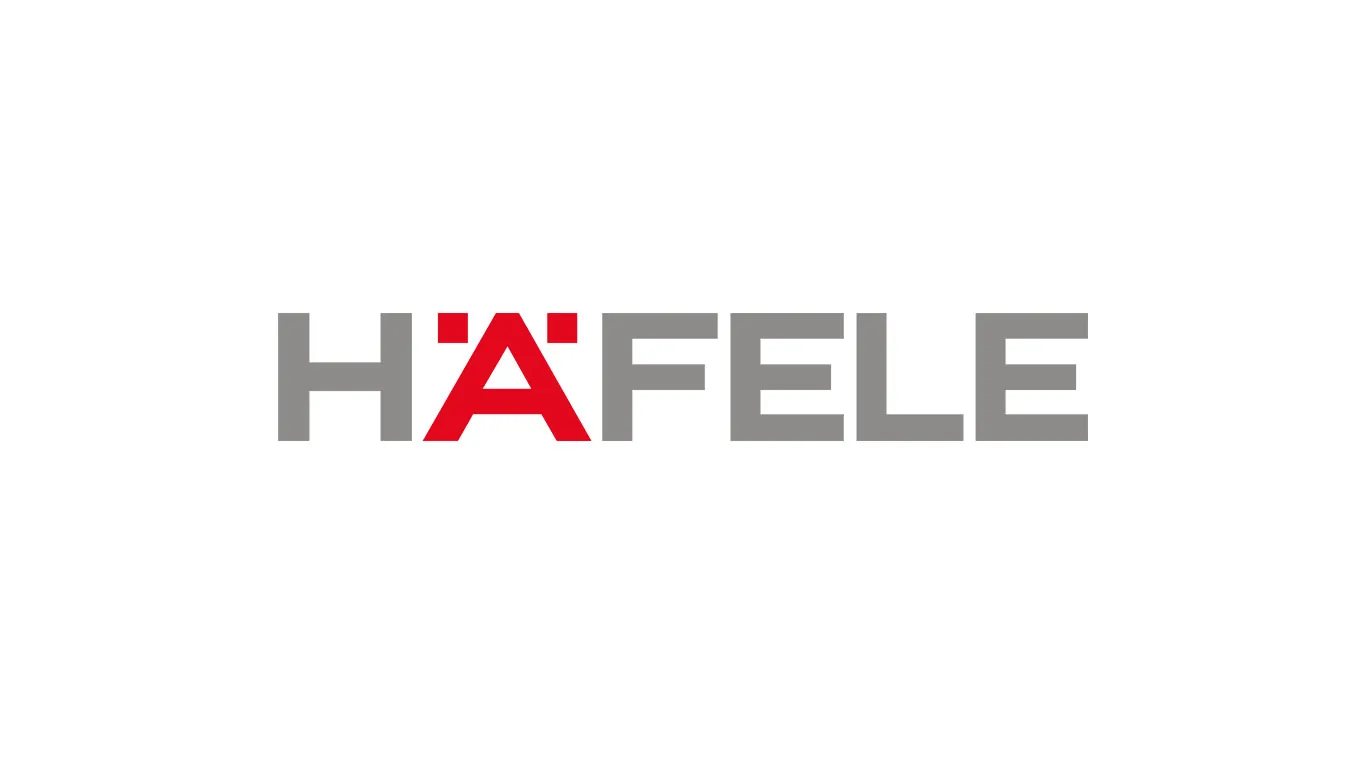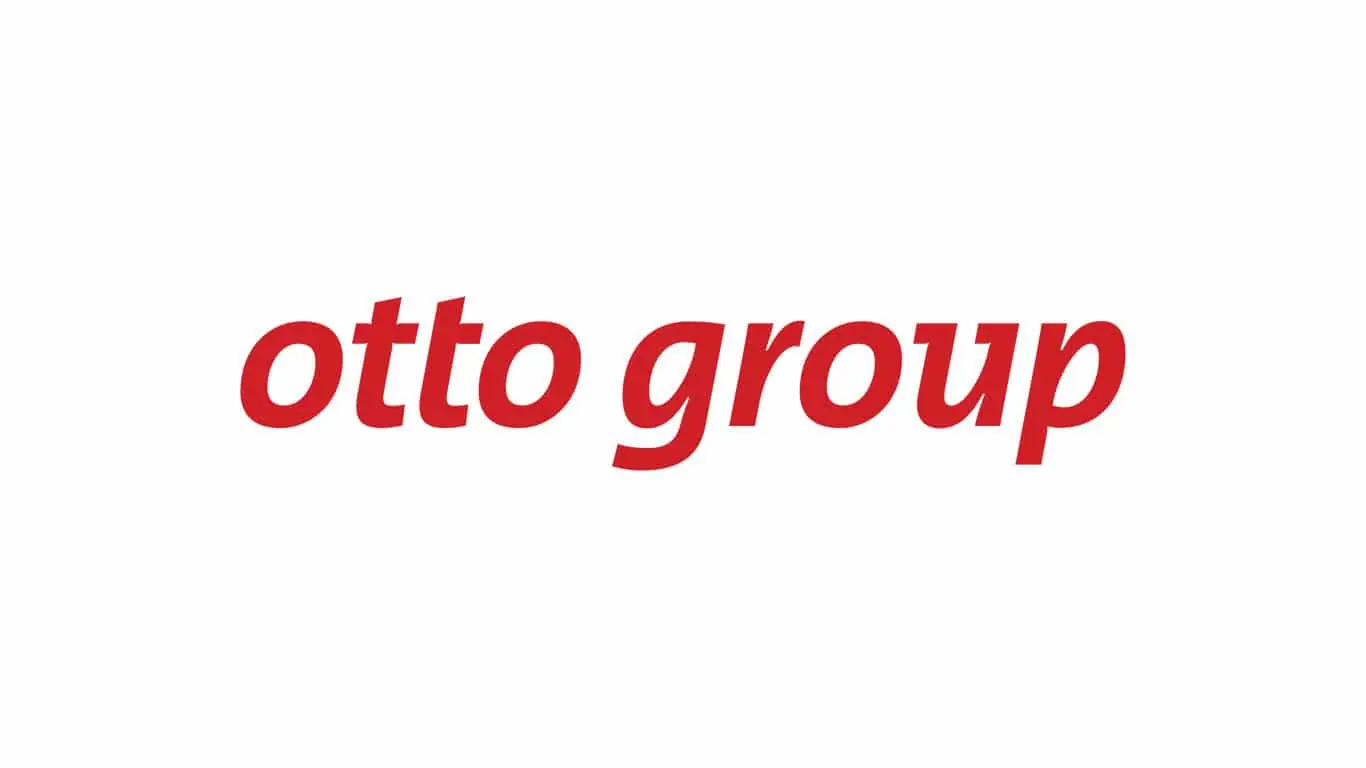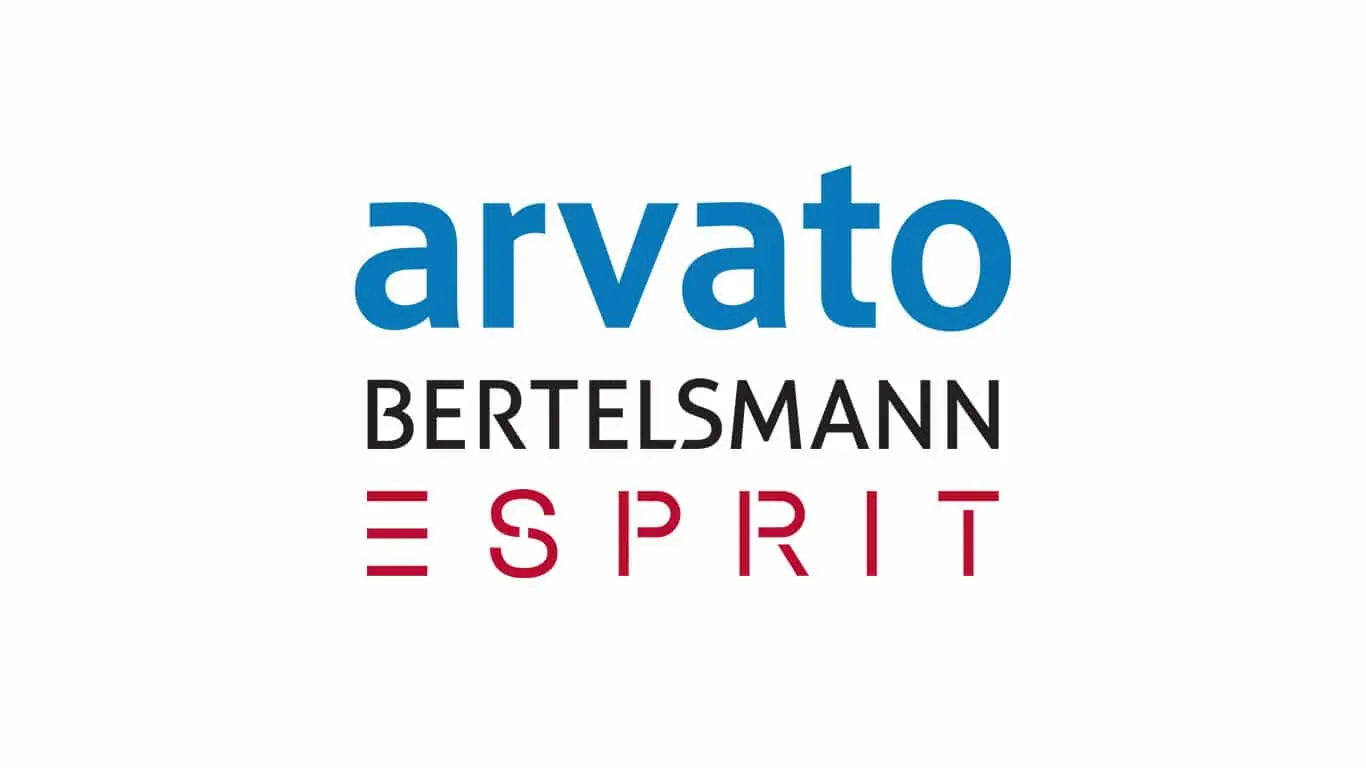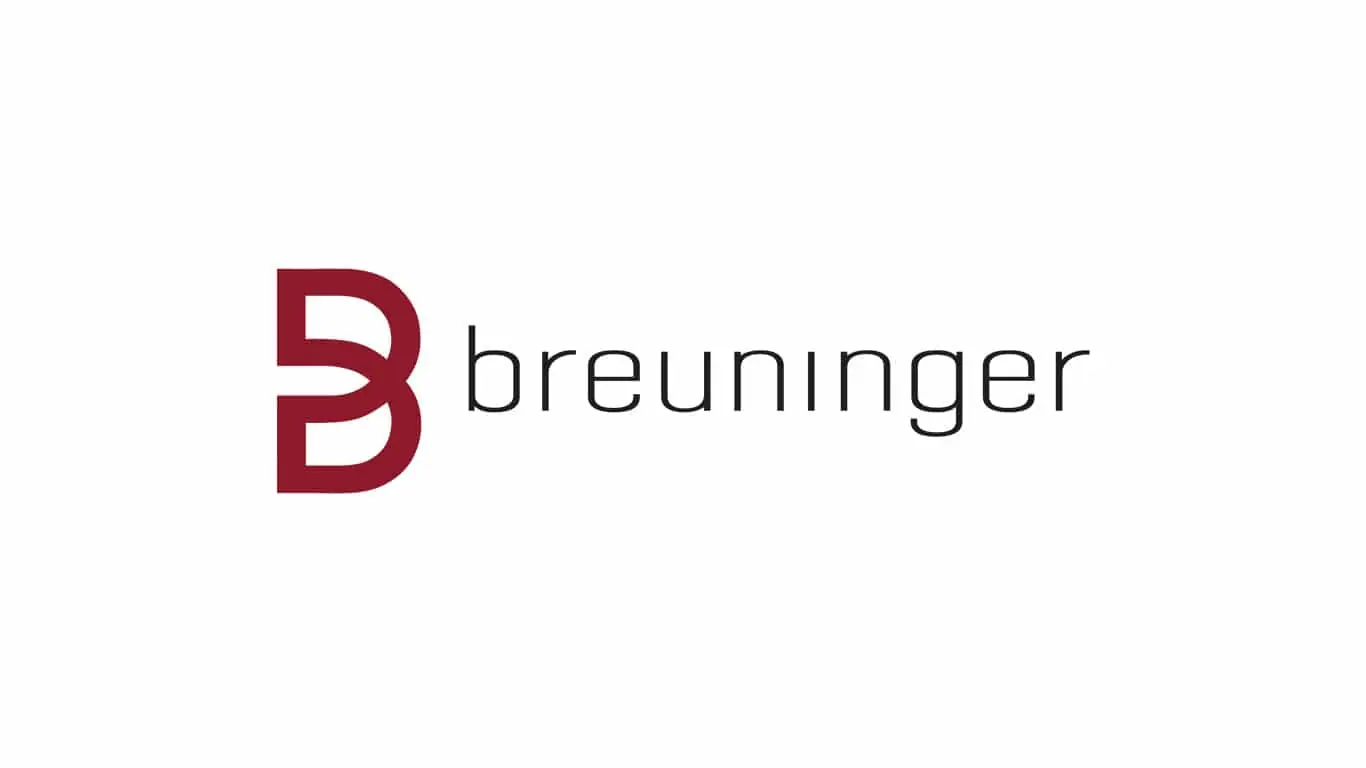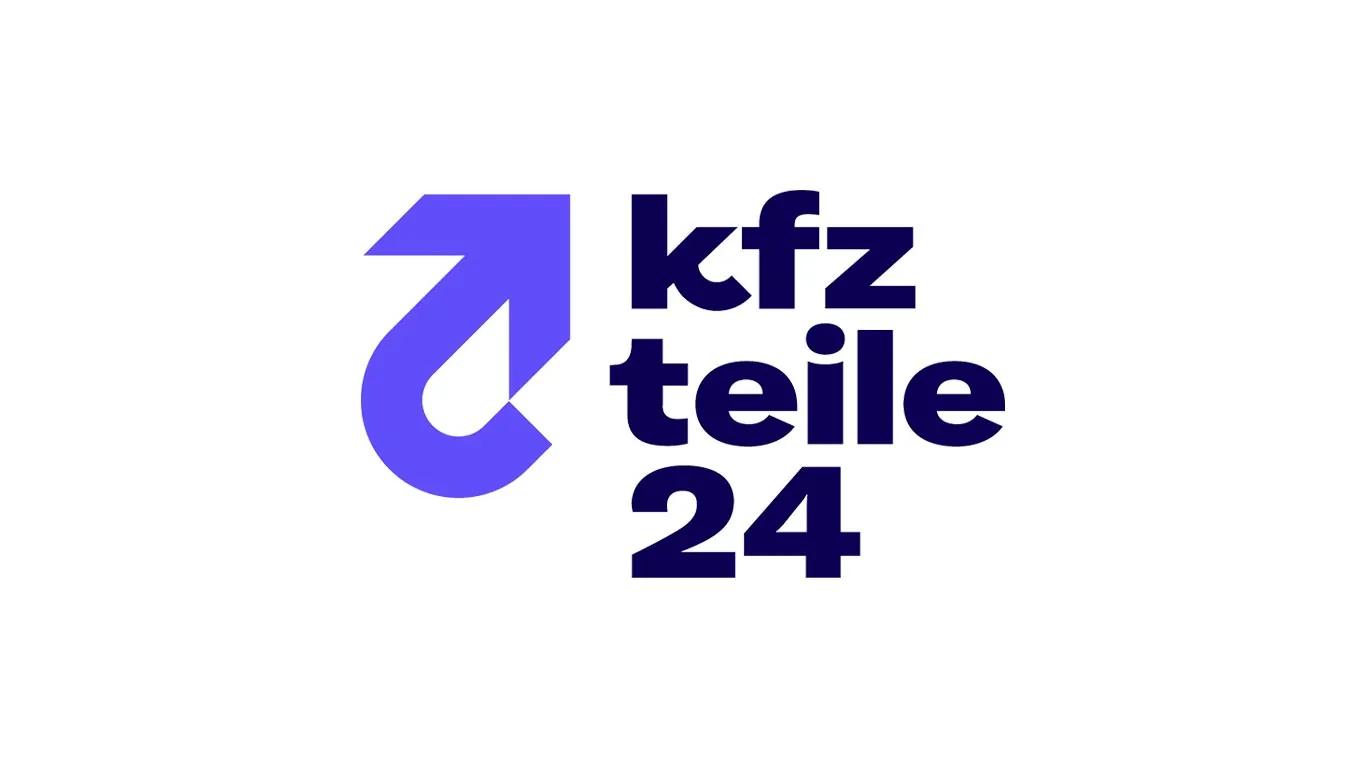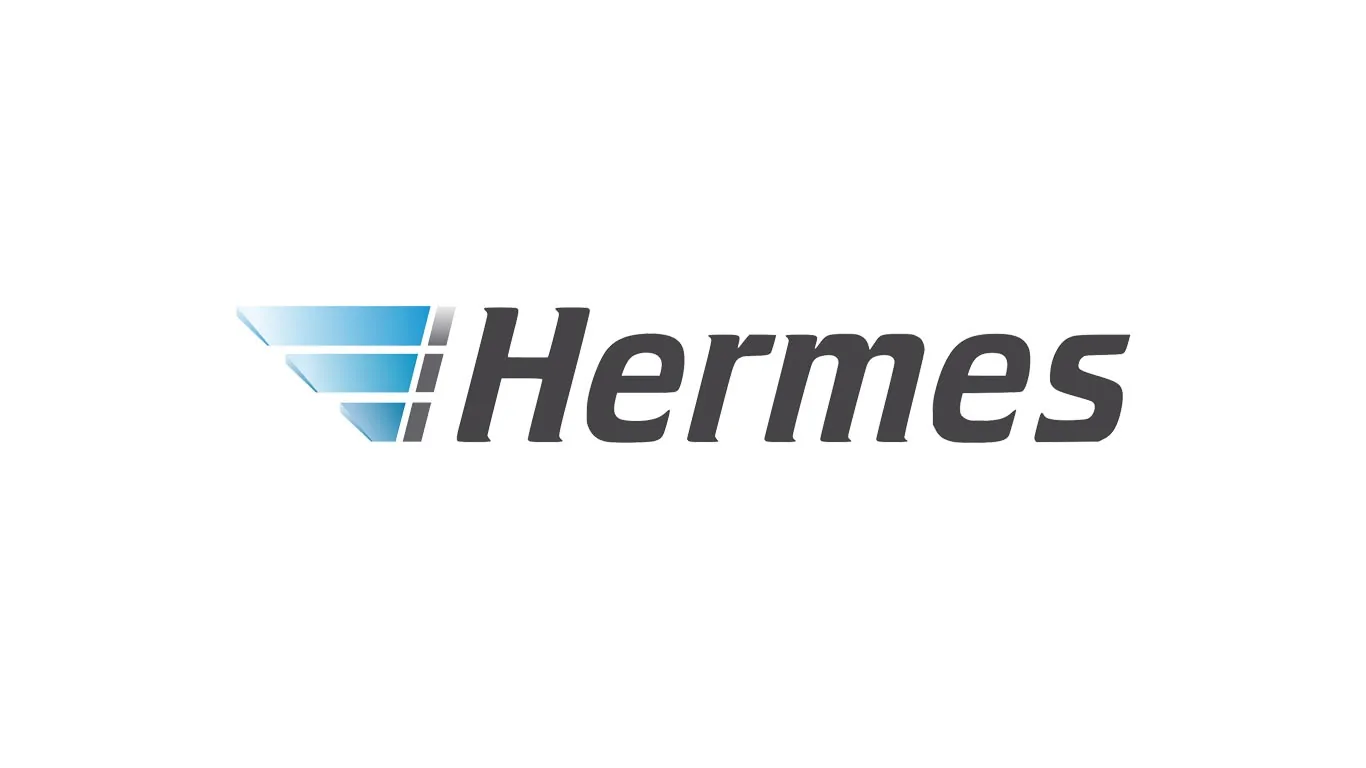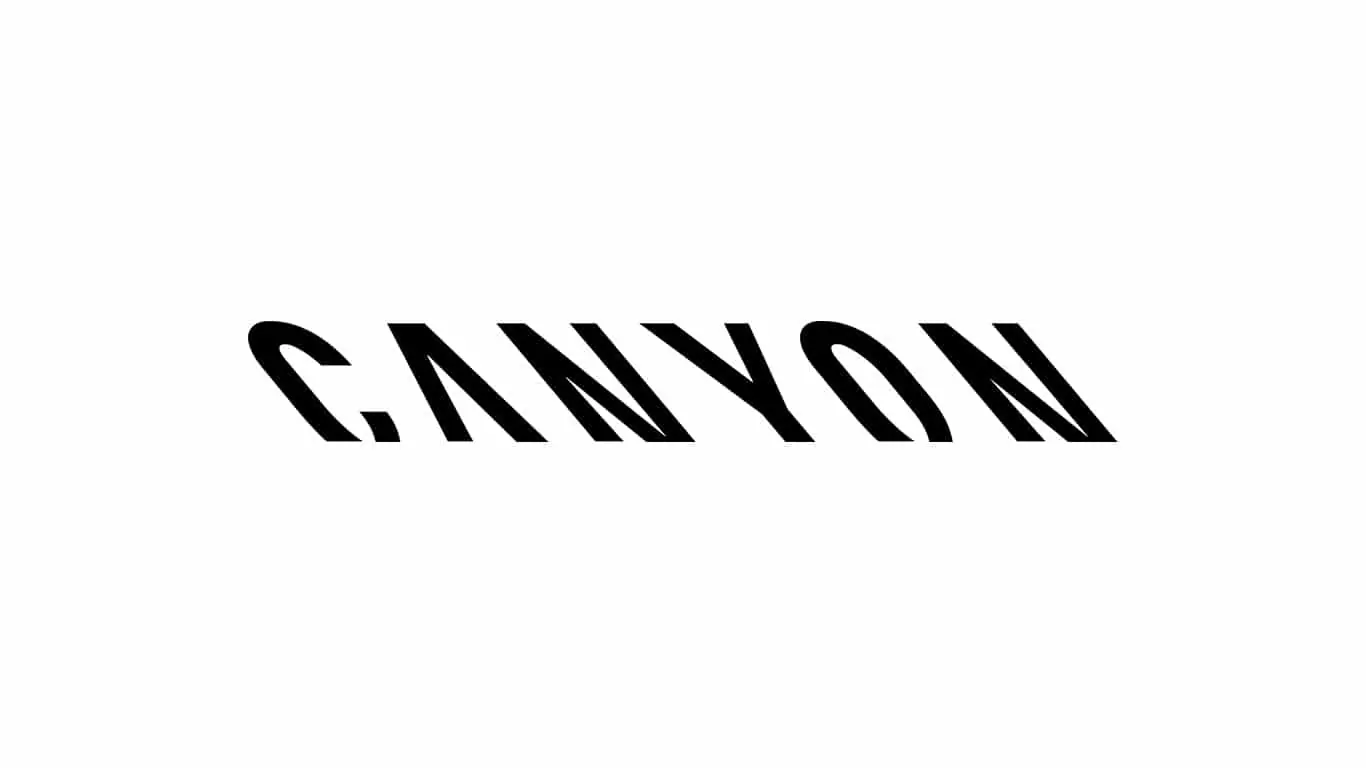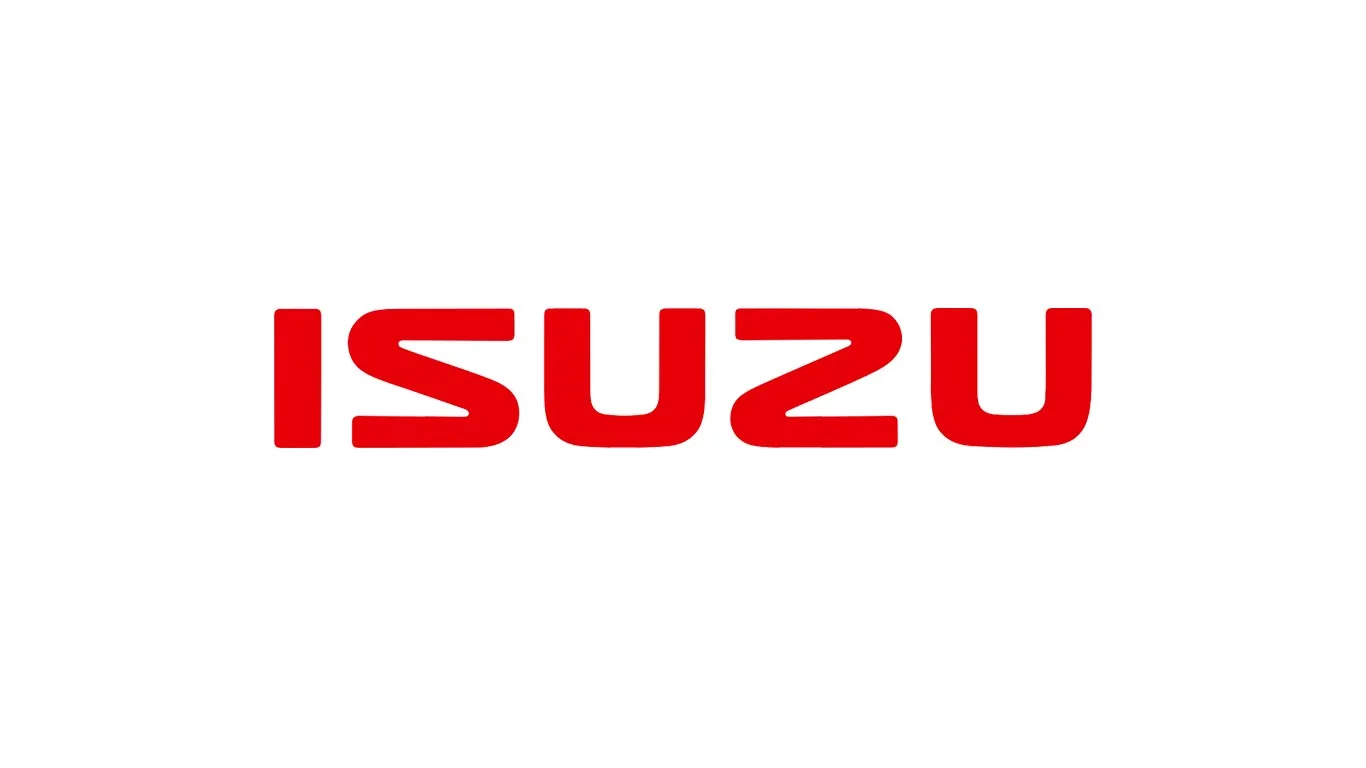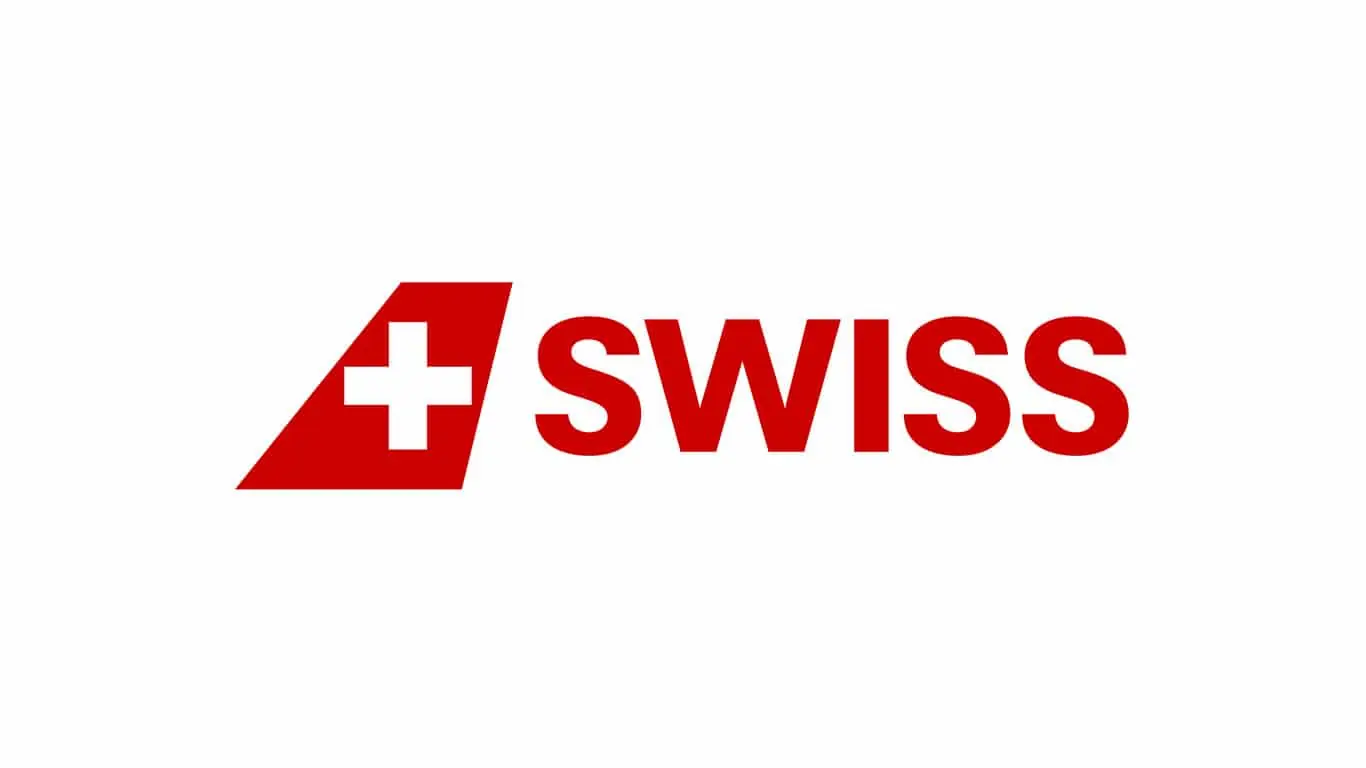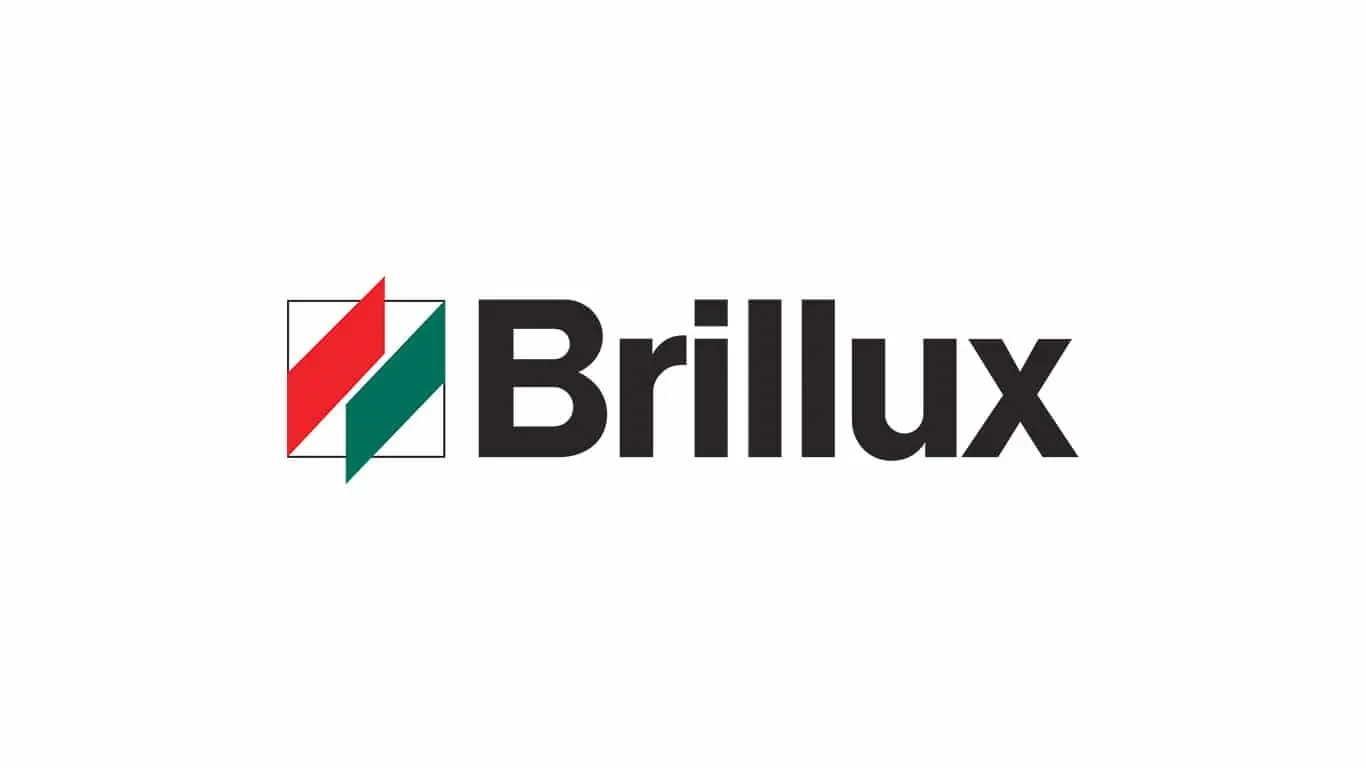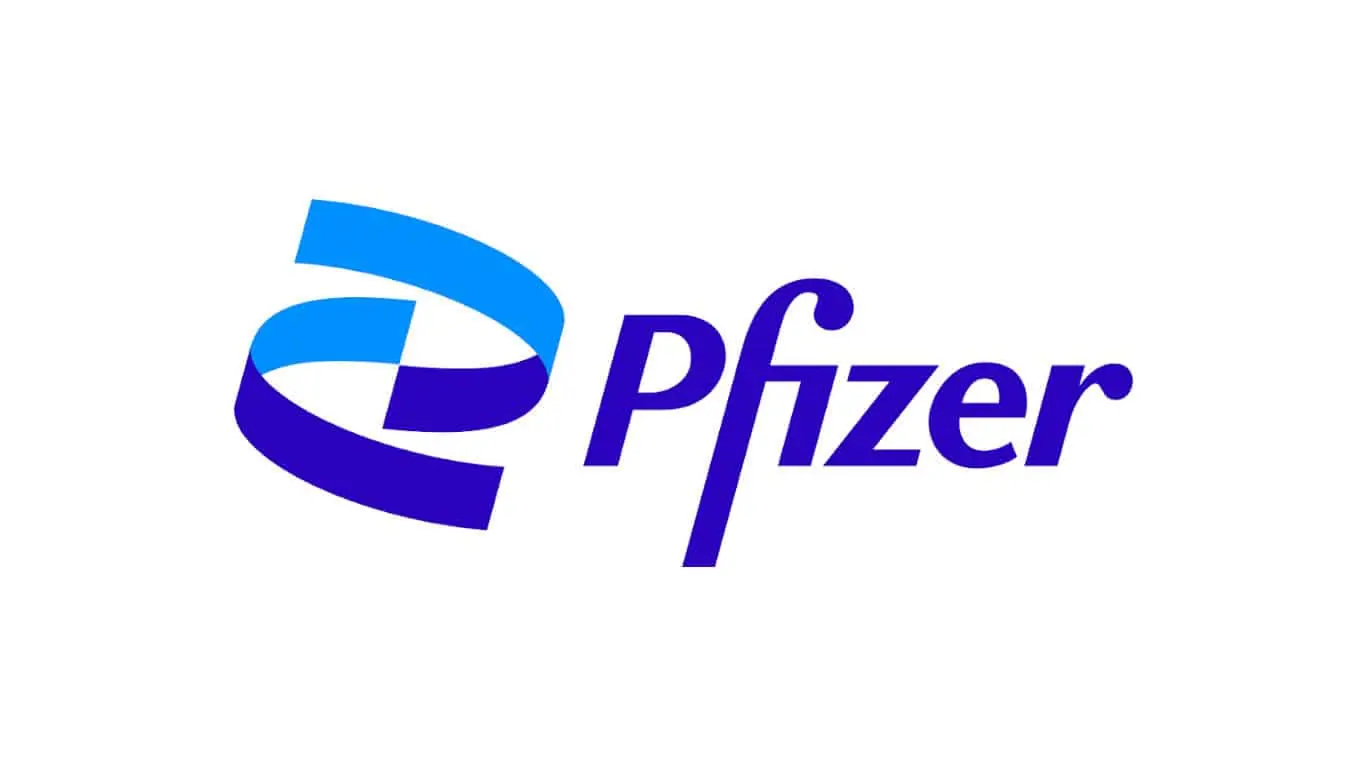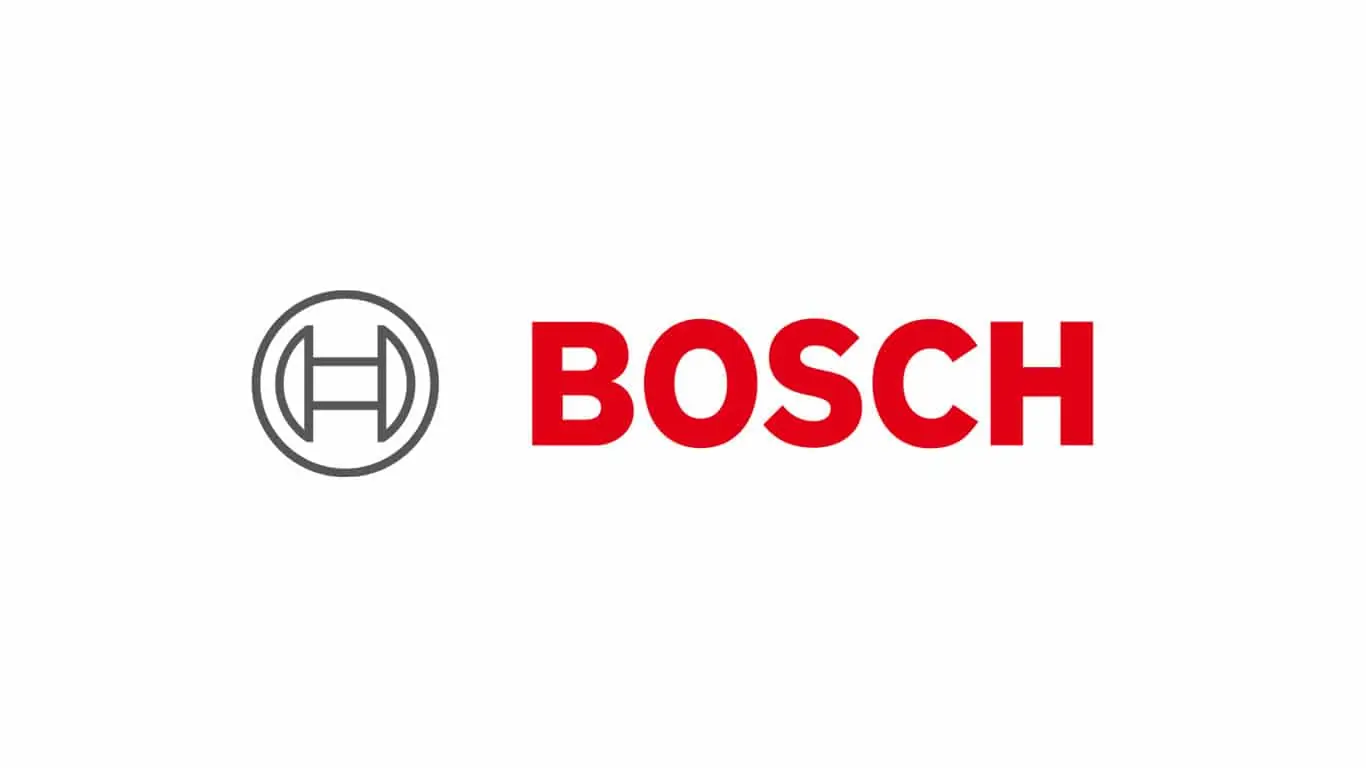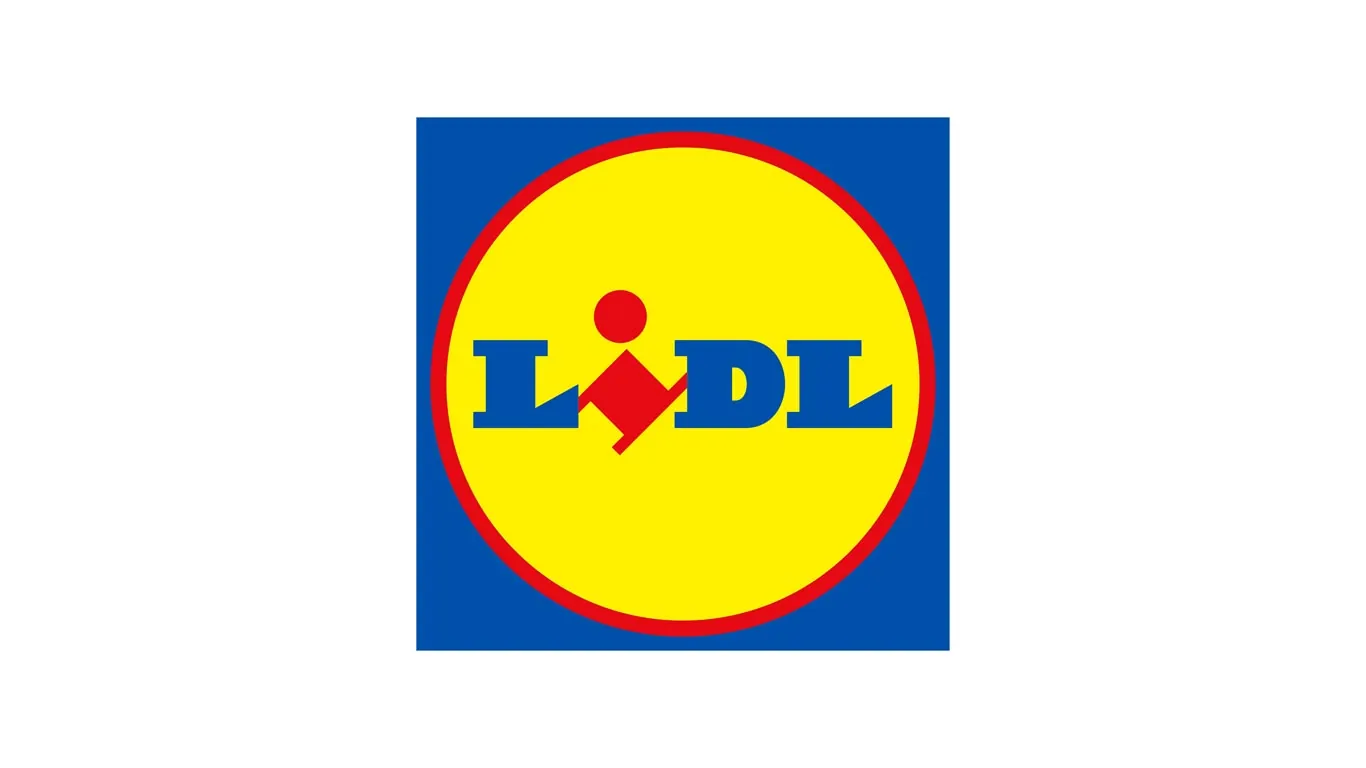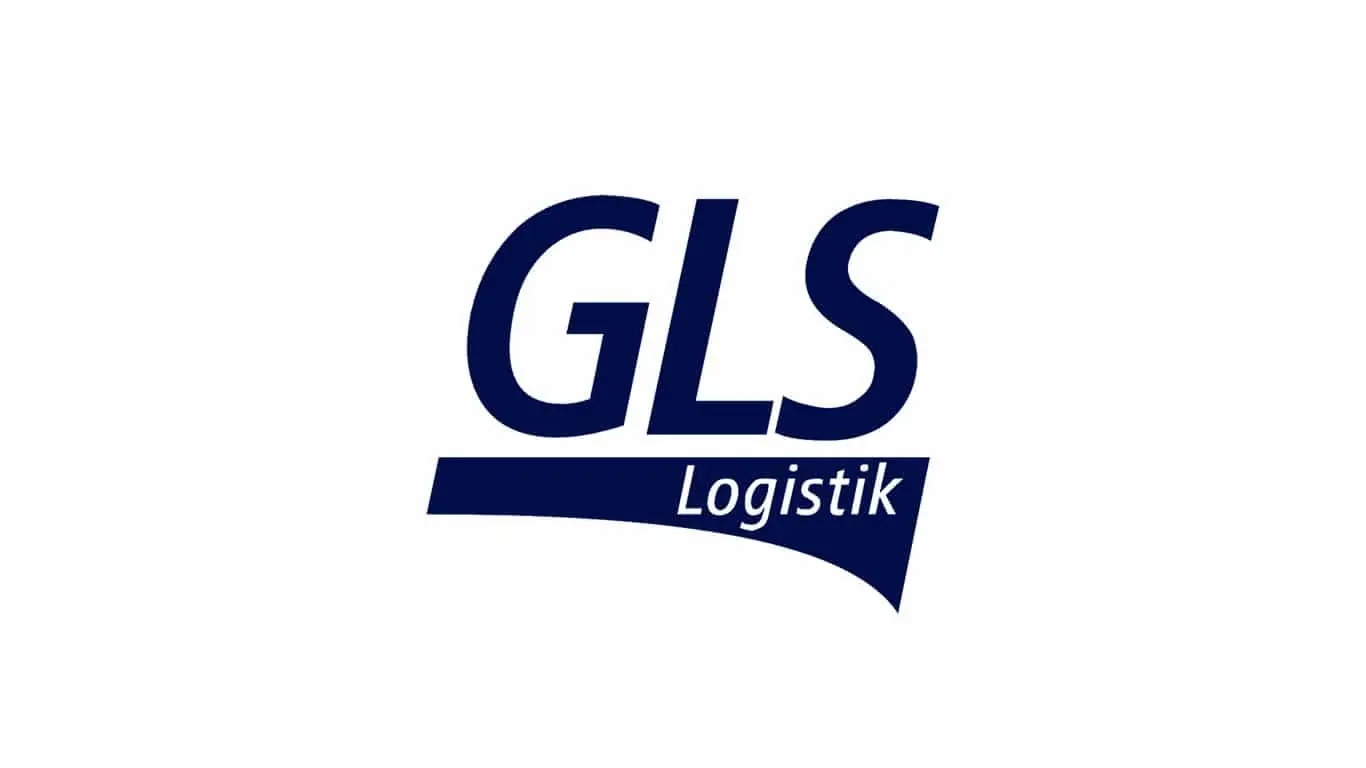
Goal of the project
Reduce CO2 emissions without loss of efficiency
The great challenge of intralogistics currently lies in representing and solving the optimization problem abstracted from the picking, packaging and transport process with all its interactions and cause-effect relationships. For this as many of the named subproblems as possible must be solved simultaneously, which is made possible by a reinforcement learning (RL) approach.
software follows function
What sets AI apart from solvers
In contrast to algorithms, which must be constantly improved by developers, AI can be permanently optimized via reinforcement learning and thus adapt to a variety of warehouse configurations and business models. It not only suggests the best possible utilization of transport vehicles, but also which of the ordered inventories are placed together in a package and how the individual items are best positioned therein.
As a company active in research, we combine the highest flexibility with the greatest possible security. Since we start on the basis of your business processes with the guideline “software follows function”, our goal is the ideal adaptation to your warehouse topology. TUP has been active in the market since 1980, providing consulting and research in the interest of finding the best solution. In addition to our experience, we have a broad repertoire of market-proven best-practice building blocks that we can apply to your individual requirements and functions. Here you can learn more about our approach to green and brown field projects.
To provide the best possible support for your processes, we rely on standardized tools that enable us to efficiently meet your individual requirements.
The processes
What we and our project partners optimize
- Allocation of orders to individual packing stations
- Division of ordered items into individual packages and selection of appropriate package sizes
- Order of packing items and positioning of items within a package
- Best possible allocation of packed packages or pallets to individual delivery vehicles
The challenge for a successful start in AI projects is to think about preparing local, operational data, which previously had little or no global significance, in a way that enables global consideration as well as enrichment with external data. – Eduard Wagner, CIO


"Solvers are the carpenter's hammer, AI is the multi-functional pocket knife."
The application scenarios of a solver are more limited than those of an AI. Since AI combines different technologies, it has a higher range of application areas. Solvers are the carpenter’s hammer, while AI is more like the Swiss army knife. – Daniel Hille, project manager
There are many heuristics to pack a parcel ideally. The advantage of AI is that it can solve multi-level problems. So not only can it pack a parcel, but it can also pack it with others into a larger matching package. In addition, it can also be used during this process for ideal loading of the shipping vehicle.
It is important to know the strengths of AI solutions and use them accordingly. For batch formation, solvers, for example, are most likely the more efficient, simpler solution. As soon as the system is unpredictable and complex, an AI provides a good solution. What you need to know about this is that the collective term AI can be more easily grasped and understood through its sub-disciplines, such as Machine Learning or Reinforcement Learning.
Our project partners
Der Schlüssel ist die Kollaboration zwischen den Domänen Business-Kompetenz und KI-Kompetenz, daher haben wir starke Partner an unserer Seite.
AMAI
The AMAI GmbH specializes in advising and technically supporting companies in the digitization and integration of artificial intelligence in products and services. The focus is on Data Science and Machine Learning topics. The company can draw on many years of practical experience in the implementation of such projects on behalf of various customers. In the context of various logistics projects, they have already been able to acquire domain know-how and build up corresponding competencies in the area of reinforcement learning. These competencies they would be happy to use and pass on in the context of this project.
Institute for Materials Handling Technology and Logistics Systems at the Karlsruhe Institute of Technology
.
At the Institute for Materials Handling Technology and Logistics Systems (IFL) of the Karlsruhe Institute of Technology (KIT), one focus is on the analysis of picking and packing systems. Heuristics and AI methods are used for this purpose, with particular emphasis on the transferability and application of the results in practice. For example, AI methods were developed and used in the “Pack Assistant” project [5] to guide, control and log the packaging process of individual items.
